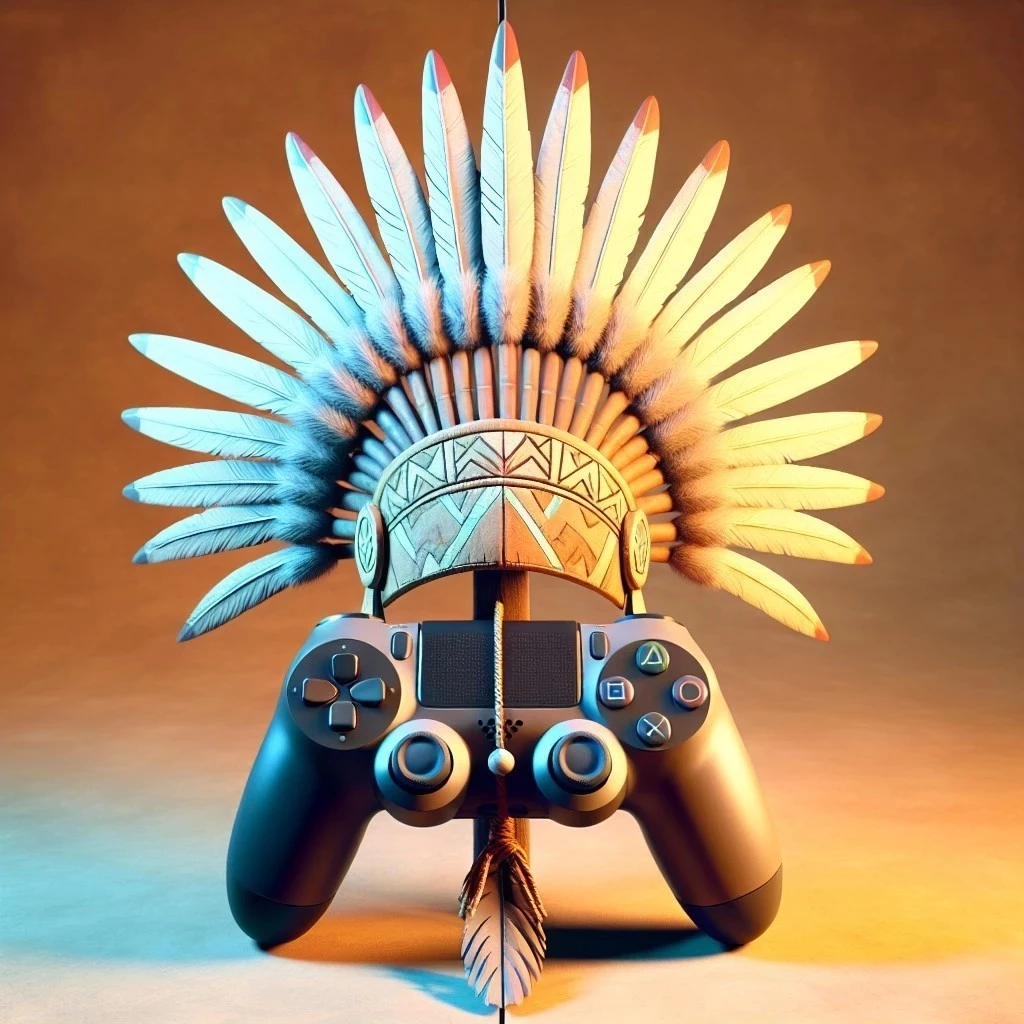Dive into the world of tribal casinos, where Native American sovereignty meets gaming. Discover their legal framework, economic impact, and cultural significance.
The Intersection of Native American Sovereignty and the Gaming Industry
Wellcome Offer:
200% up to $2,000
+ 100 Free Spins
The winnings from your free spins will be credited as bonus funds. Exclusively available for new players with fair wagering requirements.
Wellcome Offer:
250% Bonus up to $5,000
+ 100 Free Spins
Claim your bonus and spin your way to big wins! Minimum deposit of $20 required. Wagering requirements apply. Bonus valid for 30 days.
Get up to:
100% up to $1,000
+ 300 Free Spins
You need to deposit at least $25 to be eligible for this bonus. The maximum amount of money you can withdraw from this bonus is limited to $20,000 or 10-times.
Welcome Package:
500% up to $5,000
+ 250% on your 2nd and 3rd deposits
This welcome package rewards new players across their first three deposits. A minimum deposit of $25 applies, with a wagering requirement of 60x before withdrawals.
Wellcome Offer:
250% up to $1,500
+ 100 free spins
Whether you prefer generous deposit bonuses or a bundle of free spins, Cafe Casino’s welcome offer has everything you need to enhance your gaming adventure.
Wellcome Offer:
500% bonus up to $7,500
+ 150 free spins
If you're after big deposit bonuses or a load of free spins, Ducky Luck Casino’s welcome package sets the stage for an exciting gaming adventure.
Welcome Offer:
200% up to $2,000
+ 100 Free Spins
This welcome package combines a deposit match with free spins, giving new players a powerful way to kick off their VoltageBet journey.
Wellcome Offer:
200% up to $1,000
+ 30 free spins
Lovers of slot games and those looking to boost their deposit will find Slots LV Casino’s welcome offer the perfect way to jumpstart their gaming journey.
Wellcome Offer:
200% up to $500
+ Free Spins
Terms typically include standard wagering requirements and a limited validity period. Offers vary by deposit method and player eligibility.
Wellcome Offer:
250% up to $1,500
+ 50 Free Spins
All winnings from free spins are credited as bonus funds, with fair wagering requirements. Exclusive to new players.
The intersection of Native American sovereignty and the gaming industry has created a unique economic landscape in the United States. Tribal casinos, a significant aspect of this landscape, serve as both cultural and economic hubs for many Native American communities. This article explores the complexities of tribal casino operations, including their legal framework, economic impact, and cultural significance.
The Legal Framework: The Indian Gaming Regulatory Act
The Indian Gaming Regulatory Act (IGRA) of 1988 is a cornerstone legislation that regulates gaming operations on Native American reservations. It was enacted to provide a legal structure that respects tribal sovereignty while ensuring fair and honest casino operations. Under IGRA, tribes are empowered to negotiate compact agreements with state governments to outline the terms of gaming operations on their lands.
Tribal Sovereignty and Jurisdiction
Tribal sovereignty allows Native American tribes to govern themselves and operate gaming facilities independently of state laws, within federal guidelines. This sovereignty, however, is balanced by the need for government oversight to ensure compliance with federal regulations and the terms of gaming compacts.
Economic Development and Revenue Generation
Tribal casinos are vital for the economic development of Native American communities. The revenue generated from casino operations, which includes slot machines and table games, supports essential services such as education, healthcare, and infrastructure on the reservation. Additionally, these casinos create numerous employment opportunities for both tribal and non-tribal members.
Profit Sharing and Compact Agreements
Through gaming compacts, tribes often engage in profit sharing with state governments. These agreements can significantly contribute to the state’s economy while ensuring that tribes retain a substantial portion of the profits to reinvest in their communities.
Cultural Preservation and Self-Determination
While economic benefits are substantial, tribal casinos also play a crucial role in cultural preservation and self-determination. The profits from gaming allow tribal councils to fund programs that preserve and promote Native American languages, traditions, and cultures.
The Role of the Tribal Council

The tribal council is instrumental in deciding how casino revenues are allocated. Their decisions are guided by the needs of the community and the desire to maintain cultural heritage while advancing economic prosperity.
Challenges and Future Prospects
Despite their success, tribal casinos face challenges such as competition from commercial casinos and changing federal regulations. Nevertheless, they remain a powerful tool for advancing Native American self-determination and economic independence.

























